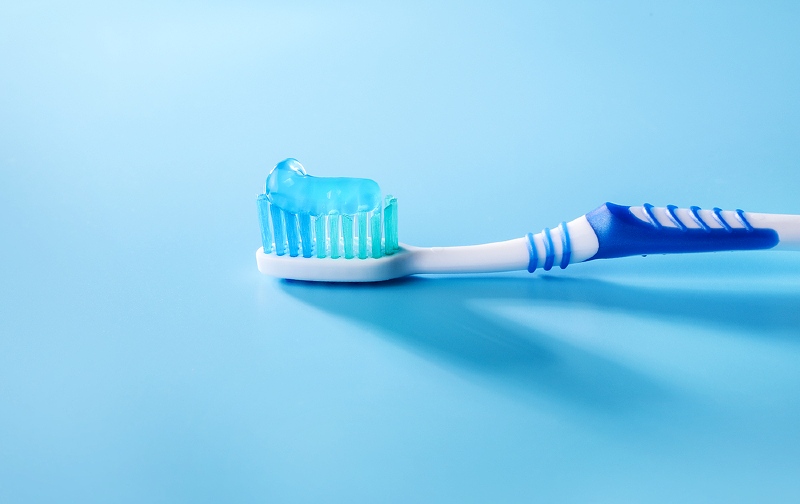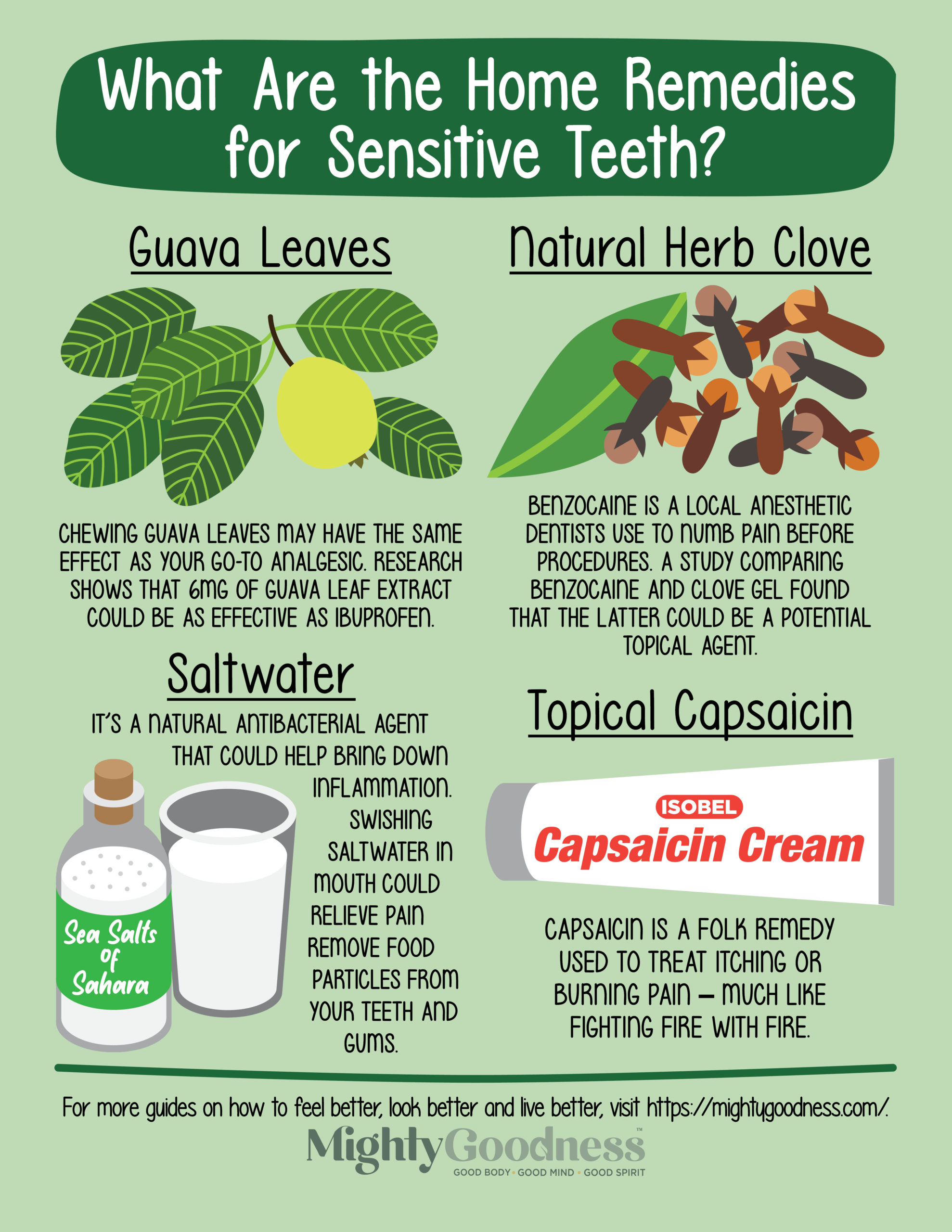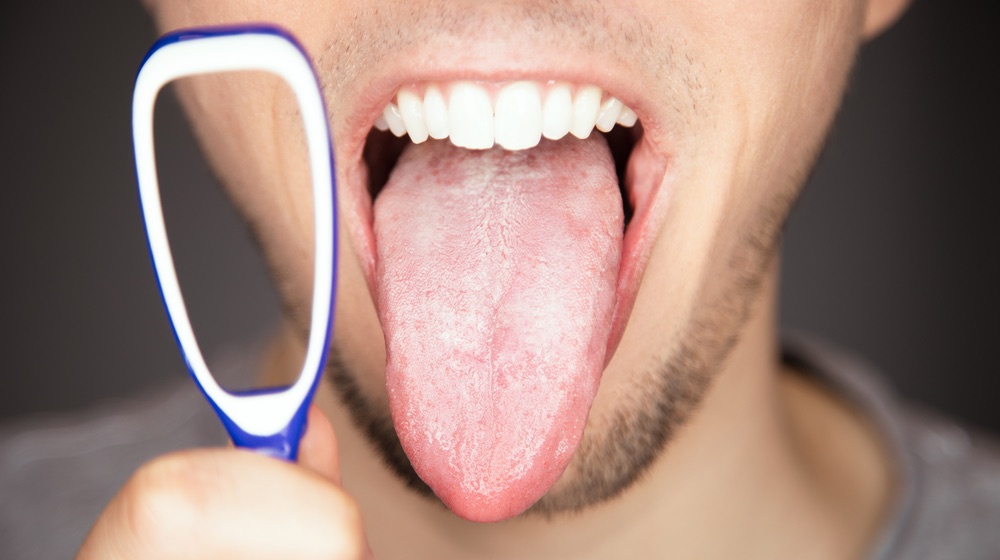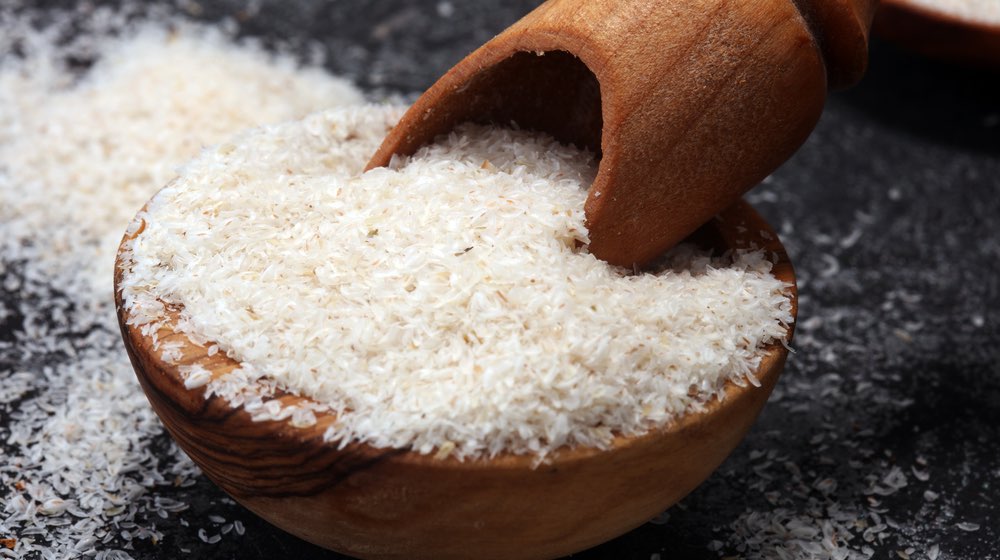How To Treat Sensitive Teeth | Causes & Symptoms Discussed
Sensitive teeth disrupting your daily life? There are things you can do to ease the pain or help desensitize your choppers. Here's how.
RELATED: 11 Ways To Get & Maintain Healthy Gums
Sensitive Teeth Quick Guide | Causes, Symptoms, Treatments & Quick Home Remedies
Click here to jump to the infographic.
What Are the Causes of Sensitive Teeth?

Two protective layers shield our teeth. The enamel, the near-transparent cover of our teeth, protects the dentin, while our gums protect the roots of teeth.
Without these layers, things like cold and hot foods may trigger the nerves within our teeth and cause sensitivity.
Some people may have naturally sensitive or reactive teeth, but several other causes. These include:
- cavities or tooth decay
- fractured teeth
- worn fillings
- worn enamel
- exposed roots
- gum disease
These are signs that you may have damaged enamel or receded gums. You might also have habits that could develop to sensitized teeth, such as:
- brushing too hard may wear down your enamel over time
- grinding your teeth
- frequently eating acidic food could erode your enamel
- using whitening products that contain peroxide and baking soda
- dental procedures
What Are the Symptoms of Sensitive Teeth?

Can't eat your favorite ice cream without wincing? Is your morning cup of joe giving you more grief than energy?
You might be dealing with hypersensitivity if you feel a sharp pain when you:
- eat hot or cold food and drinks
- eat sugary or acidic food and drinks
- brush your teeth
- use alcohol-based mouthwash
- expose your teeth to hot or cold air
- bite down
Your teeth may not always feel sensitive or react the same way. See a doctor if the pain is intense and unbearable. Your dentist will be able to provide you with helpful options to help lessen the pain.
What Are the Possible Treatments?

Before your appointment with your dentist, there are things you can do to keep the pain at bay.
A soft-bristled toothbrush is gentle on the gums and may not wear down your enamel. You may also buy a desensitizing toothpaste that could help reduce the pain. Some brands offer toothpastes made without harsh and irritating ingredients.
But if you experience severe and persistent pain, you may need to get proper treatment from your dentist.
If your dentist finds that the sensitivity is because of tooth decay, worn enamel, or other dental flaws, he or she may recommend the following:
- Fluoride gel strengthens the enamel and reduces sensitivity.
- Crowns, bondings, or inlays are molds that protect the teeth.
- Gum grafts protect the roots of the teeth.
- Root canals will clean, fill, and seal the inside of the infected tooth.
Cavities and holes on our teeth are usually hard to spot, so book an appointment with your dentist if you feel persistent pain. Regularly visiting your dentist and getting a general cleaning session may also help prevent dental issues.
RELATED: How To Get Rid Of Bad Breath & How to Prevent It
Is It Preventable?

Practicing proper dental hygiene may help prevent sensitivity.
Keep plaque at bay by brushing your teeth twice a day, but not right after meals. Some food and beverages may soften your enamel, so it's best to wait an hour before brushing your teeth.
Sugary food and beverages may cause cavities, so try to limit them to mealtimes. Fizzy and acidic drinks may also break down your enamel, so consider drinking water instead. You can also swish water around your mouth after meals to get rid of food particles and help prevent plaque.
Wear a mouthguard during bedtime if you have a habit of grinding your teeth.
It may be tempting to bleach or whiten your teeth, but consult with your dentist first. He or she may have better options than whitening toothpaste or gels.
Most of all, pay your dentist a regular visit. Not only will this help prevent sensitive teeth, but other dental issues.
But before your appointment, there are some things that you can do at home.
What Are the Home Remedies for Sensitive Teeth?

Before you visit the dentist, take a pit stop in your kitchen. You might find something to help you relieve some pain.
Guava Leaves
Chewing guava leaves may have the same effect as your go-to analgesic. Research shows that 6mg of guava leaf extract could be as effective as ibuprofen.
Natural Herb Clove
Benzocaine is a local anesthetic dentists use to numb pain before procedures. A study comparing benzocaine and clove gel found that the latter could be a potential topical agent.
Saltwater
A saltwater rinse is a popular home remedy for toothaches. It's a natural antibacterial agent that could help bring down inflammation. Swishing saltwater in your mouth could help relieve pain and remove food particles from your teeth and gums.
Mix half a teaspoon of salt with water and rinse your mouth for a minute. If you don't have your toothbrush and toothpaste with you, a saltwater rinse can help clean your teeth for now.
Topical Capsaicin
Surprisingly, a compound that could bring pain may also relieve it. Capsaicin is a folk remedy used to treat itching or burning pain – much like fighting fire with fire.
While there are home remedies safe to try at home, they cannot replace FDA-approved products like fluoride toothpaste or desensitizing toothpaste.
Does Everyone Have Sensitive Teeth?

No, not everyone is affected by the condition. Reactive or sensitive teeth could be a signal of underlying dental problems.
Tooth sensitivity is a common dental condition. Some people may be born with thinner enamel and therefore more prone to sensitive teeth. Others may have habits that could later develop to hypersensitivity.
If you want to confirm if you have sensitive teeth, check out this quick quiz by the American Dental Association. But your dentist is still the best person to say if you have sensitive teeth and recommend treatments if you do.
When Should I Visit My Dentist?

If you still experience tooth pain after taking steps to prevent and treat sensitive teeth, it's time to visit your dentist.
Discuss your symptoms with your dentist. Mention what you did or were eating when you felt pain. Your dentist may spray cold water or tap each of your teeth to pinpoint which one is problematic.
Your dentist may apply a fluoride varnish for sensitive teeth, which could help strengthen your enamel. It may take a few weekly sessions to build up.
Here’s an infographic guide. Don’t forget to download, save, or share this handy infographic for reference:

Note that you may go to your dentist as soon as you experience a sharp, shooting pain in your teeth. You can't be too careful when it comes to dental care. The sooner you resolve the problem, the sooner you can enjoy your hot cup of coffee and sweet dessert.
Tooth sensitivity may take weeks to resolve, so the best time to take action is as soon as you experience it. If the pain was severe, book an appointment with your dentist. But if the pain was mild and did not recur, try out the treatments and remedies listed in this article.
While home remedies offer quick and proactive solutions, your dentist is the best first line of defense. The key to treating the problem is to get a proper diagnosis and to determine the actual cause.
Check out this useful guide on how to brush your teeth properly:
What dental issues are you experiencing that you want us to discuss? Let us know in the comments section below.
UP NEXT:
- Probiotics For A Great Dental Health | Bulletproof Radio [LISTEN]
- 12 Superfoods To Boost A Healthy Diet
- 13 Anti Aging Foods To Add To Your Diet Now
Calling all crafting Health Buffs! If you’ve got the gift of keeping healthy and sharing this knowledge through writing, Click here if you want to write for us.
Please stay connected with us on Facebook, Twitter, Instagram, and Pinterest, and make sure to join our community of healthy living and minded people here.
Trending
Tongue Color | 7 Scary Tongue Color Meanings
Lecithin Benefits and Side Effects: 10 Surprising Truths
Get Updates
SIGN UP FOR OUR NEWSLETTER TODAY

Tongue Color | 7 Scary Tongue Color Meanings

Lecithin Benefits and Side Effects: 10 Surprising Truths

Related

Tongue Color | 7 Scary Tongue Color Meanings

